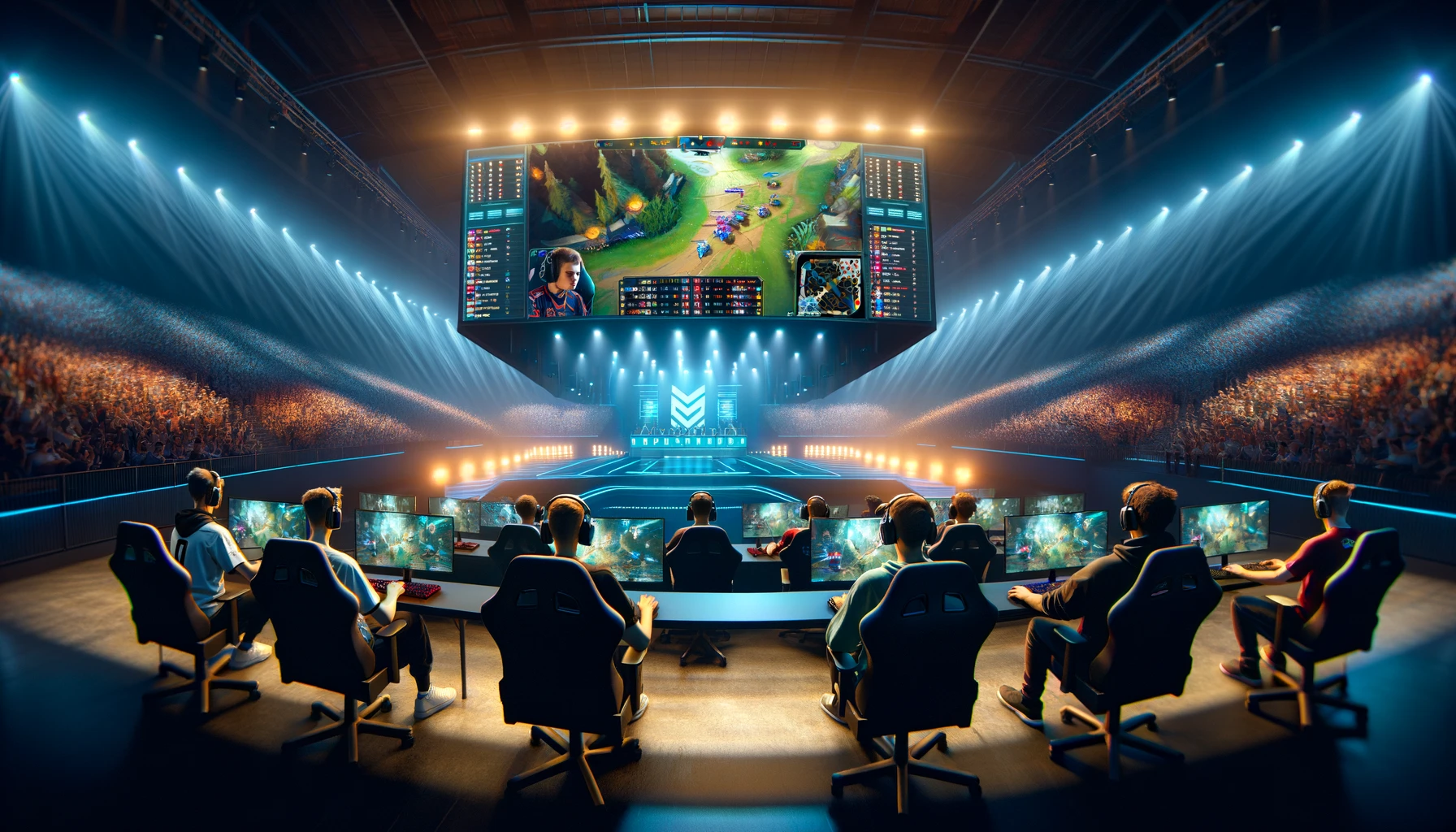Moon Studios, known for its captivating game series, Ori, has shifted its focus to a new project that promises to be a significant undertaking. The CEO of Moon Studios, Thomas Mahler, recently revealed that their current project, No Rest for the Wicked, an action RPG, is far from complete and will demand the studio’s attention for many years. This extended commitment to No Rest for the Wicked implies that a new Ori game is not on the horizon anytime soon, despite fans’ hopes for a third installment in the beloved series.
What Does This Mean for No Rest for the Wicked?
No Rest for the Wicked, described by Mahler as the studio’s “Magnus Opus,” is still in its early stages, with much content under wraps. Despite facing initial challenges such as performance issues, which led to mixed reviews, the game has rebounded with more favorable ratings. Mahler defends the decision to launch in early access, citing it as crucial for the game’s development. The commitment to the project is evident, with plans already laid out beyond the 1.0 release, indicating a long-term vision similar to a saga like Lord of the Rings.
What’s the Future for Ori Series Fans?
Fans of the Ori series might feel disappointed as the focus shifts away from their favorite mystical universe. Mahler hints at the possibility of returning to the Ori series but clarifies that it won’t be anytime soon. This news might dishearten fans but also sets the stage for the dedicated development of No Rest for the Wicked, which promises to expand Moon Studios’ repertoire in the ARPG genre.
How Has the Gaming Community Responded?
The gaming community‘s reaction has been mixed. While some express disappointment over the delay in continuing the Ori series, others are excited about the new directions Moon Studios is exploring. Insights from articles like “The evolution of RPGs” from Game Informer and “New Trends in Game Development” from Polygon highlight a trend towards more immersive and expansive gaming experiences, which Moon Studios seems to be embracing with No Rest for the Wicked.
Further, a scientific paper titled “Dynamic Game Design: Evolving Environments and Player Experience” published in the Journal of Game Development, discusses the benefits of early access releases and long-term game development. Key points include the opportunity for developers to refine gameplay based on real-time feedback, which aligns with Mahler’s strategy for No Rest for the Wicked.
Key Insights from Development:
- Extended development phases enhance game quality.
- Early access can significantly shape game dynamics.
- Long-term projects can lead to richer, more immersive games.
In conclusion, Moon Studios is setting a new precedence in game development with its long-term commitment to No Rest for the Wicked. This strategy might delay further developments in the Ori series, but it also points to a richer gaming experience for ARPG fans. As the studio crafts this extensive project, it remains to be seen how this approach will influence future game development trends and whether it will set a new standard for storytelling and player engagement in the RPG genre.










